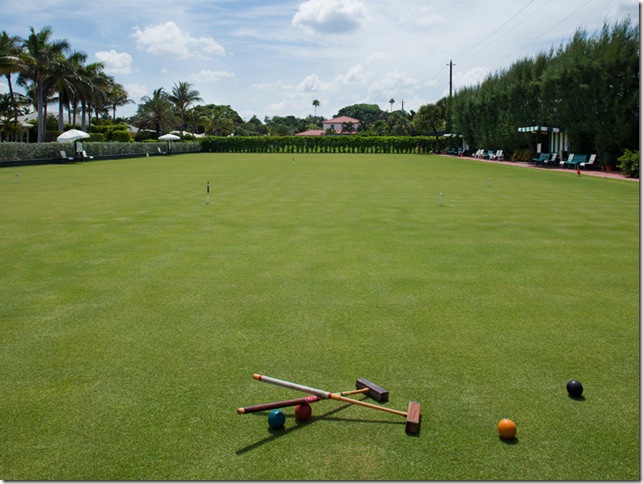By Myles Ludwig
Writing about a friendship is a lot more difficult than it seems. Yes, one can write about the mutual gifts and the rewards. But writing about the thing, the stuff that holds it all together as one travels through life is a little like trying to define love or capture dark matter or a miasma in a photograph ― you know it’s there, but you can’t see it, touch it, taste it or even understand how it came to be and why it continues to exist. I
It’s a particularly appropriate issue to consider in this season. To maintain a friendship requires a certain willingness to suspend judgment. Hard truths can be told, but with mercy.
I feel fortunate to have people in my life I can call friends. They are not “my” friends in that I don’t own them. They have other friends I may or may not know. Common interests and life experiences may have initially brought us into each other’s orbit, and though those may change and even change us, we continue to travel alongside each other with fondness. And no matter the distance or time between meetings, calls, texts, tweets, emails, pokes or tags, there it is ― this stuff floating in the ether, ready to be inhaled, whenever, whatever the need.
And when one loses a friend, one feels the very definite presence of absence.
I used to wonder how my parents felt when, as they reached the ledge of their lives, their world dwindled and they began to lose friends. I didn’t ask them. I think I was afraid to ask them.
I’m thinking now about a friend who is poised on that ledge as I write this.
We had met on a croquet court and became immediate friends. It was if we both recognized some quality in the other that was, is, magnetic. Though there was a gap, a lacuna of nearly two decades of life between us, he always treated me as an equal. He was never patronizing and I felt as though he took me under his wing, protecting me. I felt protected.
I had been thinking I needed some kind of sport or “hobby” to distract myself from myself and I was thinking about taking up croquet after I saw a photo spread on the clubhouse in the newspaper. I was impressed. Here was something that didn’t look like anything else I’d seen in Florida. In fact, it was distinctly un-Florida.
Intrigued, I went there on a Saturday morning because the club offered free lessons to beginners. I didn’t know what to expect, but I walked into the handsome clubhouse and onto the wide veranda I was surprised to see so many people dressed in white playing croquet on the elegantly manicured courts. It was like a painting or a view into another century. I hadn’t played the game since I was a kid and really had no idea it could be highly competitive ― not the backyard game that most of us know.
He was giving the lessons. A tall and powerful man, face creased by experience, a gentle, but authoritative manner and a deadly shot, though he said he could see only with one eye. I joined a small group on a side court where he was teaching a form of the game called “golf croquet,” which is more like shooting pool on grass than golf. He had the patience of a natural teacher and rewarded even the worst of us with encouragement. “You’ll get it. Don’t worry. You’ll be a champion soon.”
I went back again and again. I got better and before long, he tapped me as his unofficial assistant and I began to teach alongside him every Saturday morning. Sometimes, when the lessons were over, we’d play a match together. Sometimes I drove out to play on a court near him where there was a small, but dedicated cohort of players. In the 10 years or so I’ve known him and played against him, I’ve never defeated him in a match. Despite his limited vision, or maybe because of it, he had an unshakable concentration. He never missed.
Our Saturdays became a ritual. His wife is a cracker-jack player and they had a circle of friend who also played competitively. We often lunched together at the club. Sometimes we went over the bridge to Taboo; sometimes we went for a late brunch at a nearby diner where they made perfect scrambled eggs ― not too loose, not too dry. He took me to Mar-a-Lago when his wife played in championship matches there.
He had a kind of wisdom complemented by common sense and I knew I could always rely on him for solid, practical advice on business or family matters. He was never wrong. He was retired, but he had a large family and sometimes he’d share his feelings about internecine skirmishes. Every family has problems. As Leo Tolstoy wrote, “All happy families resemble one another, each unhappy family is unhappy in its own way.”
In later years, when his health declined and he felt unable to play, we maintained the ritual and went for lunch on Saturdays. We shared holidays, birthdays, funerals. Many of the people we played croquet with have passed away.
He gave me his spare mallet.
I miss him.
Myles Ludwig is a media savant living in Lake Worth.
